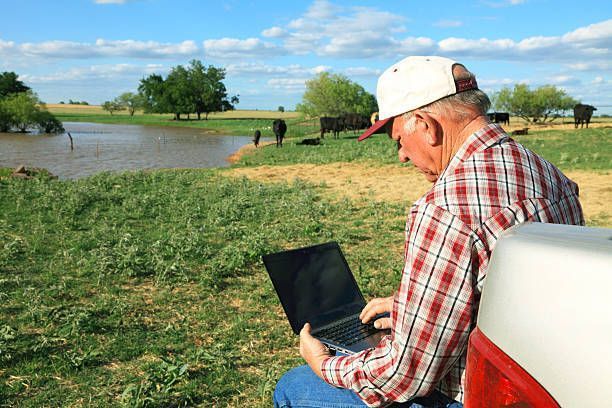Call Us Now! 877-223-6046
Call Us Now! 877-223-6046
Get Updates From Our Blog
Business Hours
- Mon - Fri
- -
- Sat - Sun
- Closed
- Mon - Fri
- -
- Sat - Sun
- Closed












We Also Accept: Google Wallet
^
Service Area
Service Area
Content, including images, displayed on this website is protected by copyright laws. Downloading, republication, retransmission or reproduction of content on this website is strictly prohibited. Terms of Use
| Privacy Policy
Content, including images, displayed on this website is protected by copyright laws. Downloading, republication, retransmission or reproduction of content on this website is strictly prohibited. Terms of Use
| Privacy Policy










